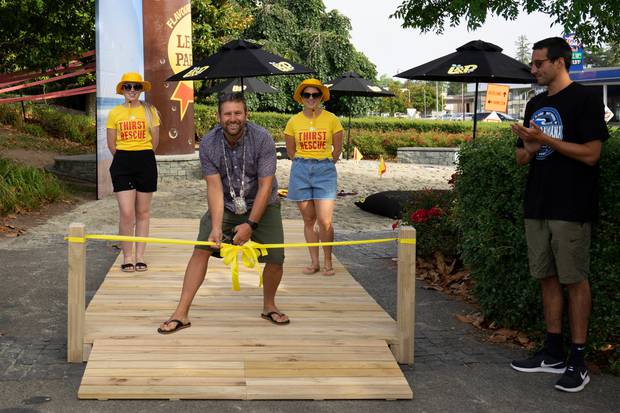National News

7th July Covid19 Update
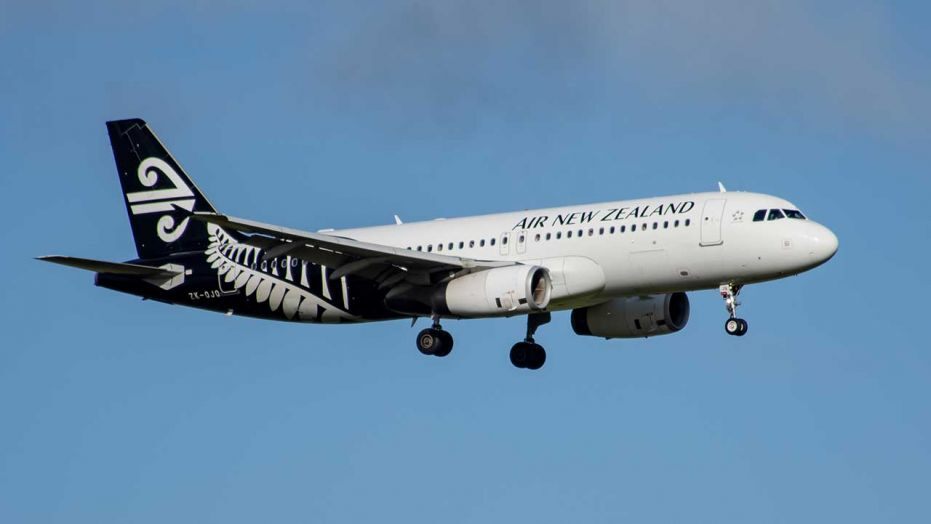
Air NZ putting a temporary hold on new international bookings to NZ
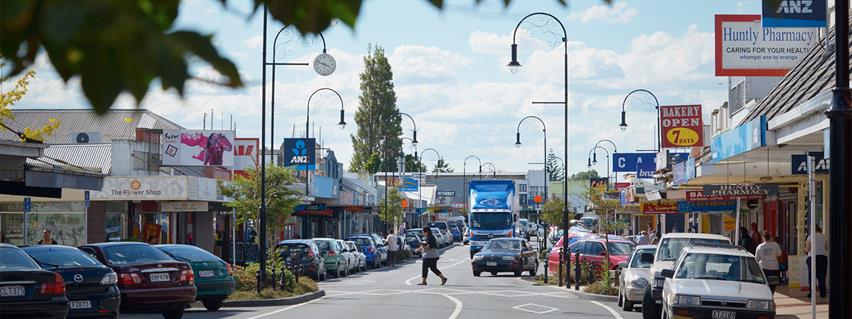
Call for Huntly to change its name
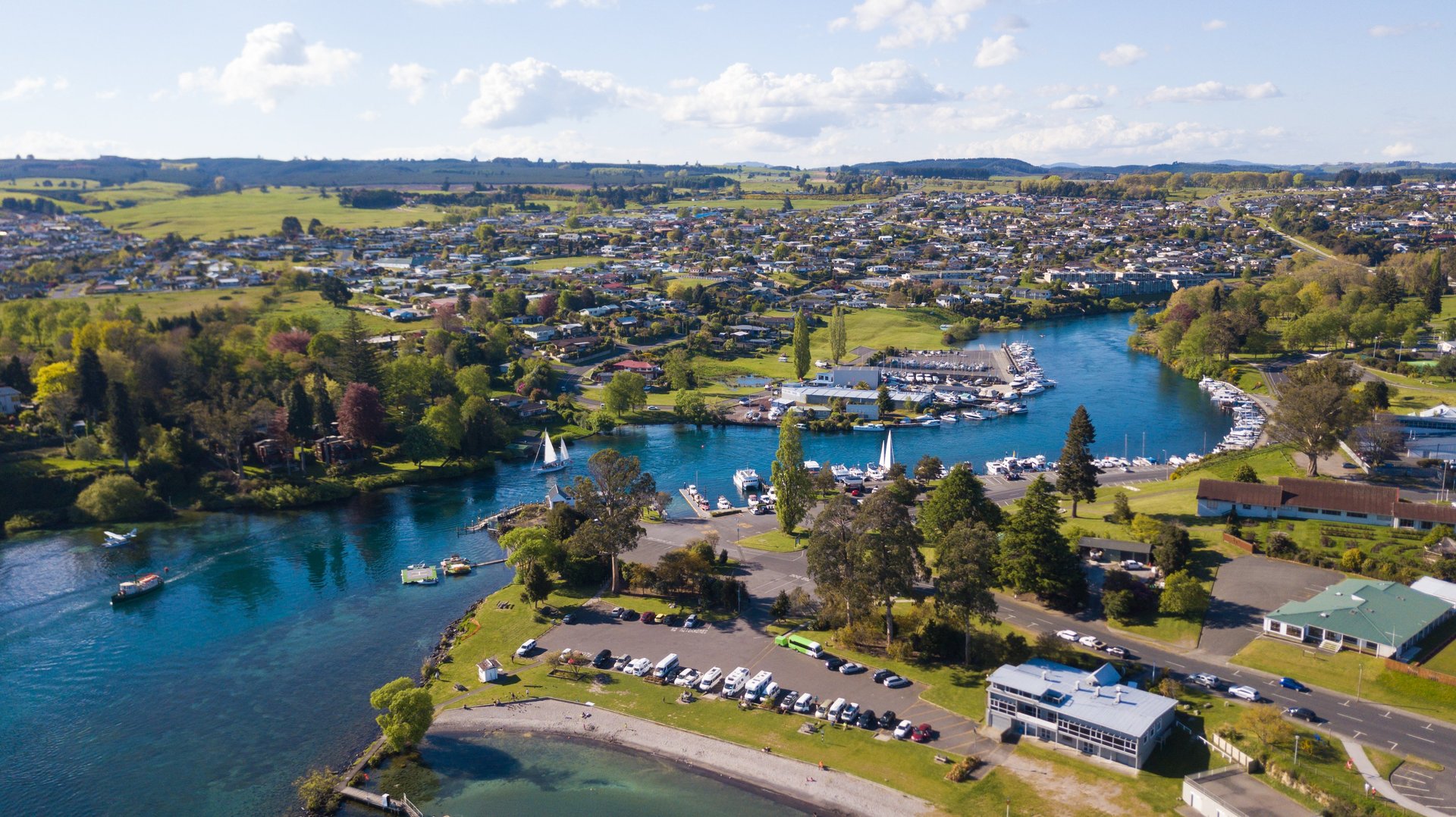
Taupō town centre gets $20m transformation
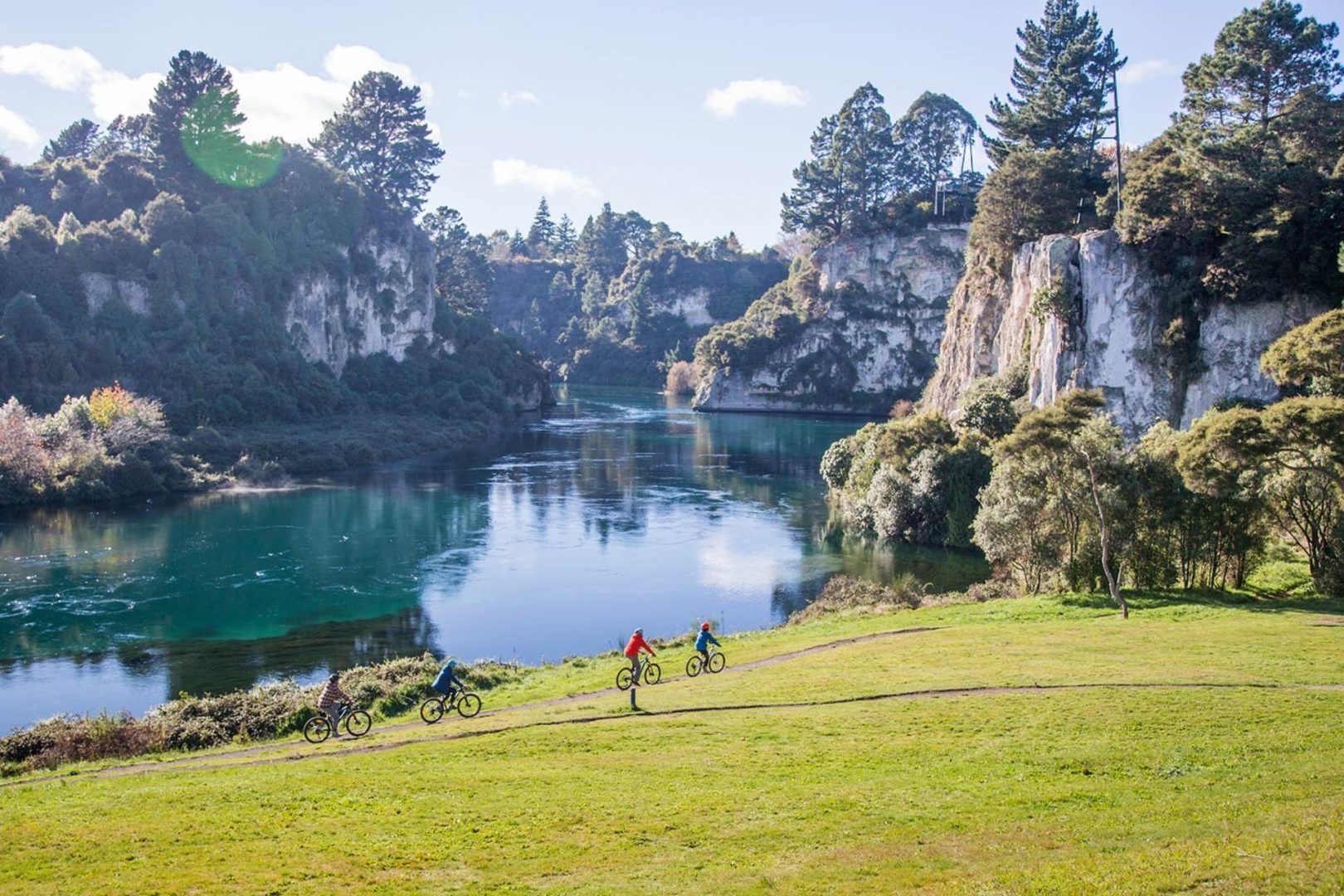
$5.5m for four Waikato freshwater projects
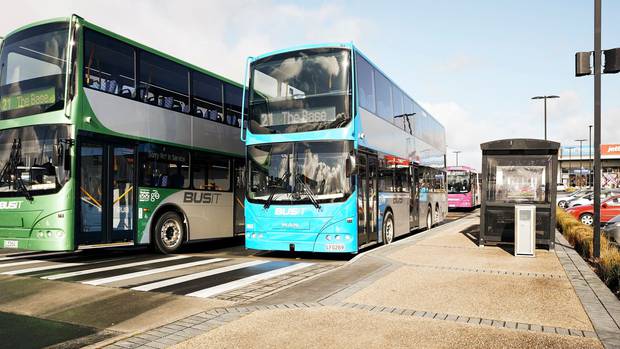
New Bee Card system on Waikato routes
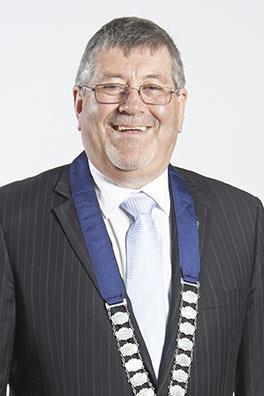
Waikato District adopts its 2020/21 Annual Plan
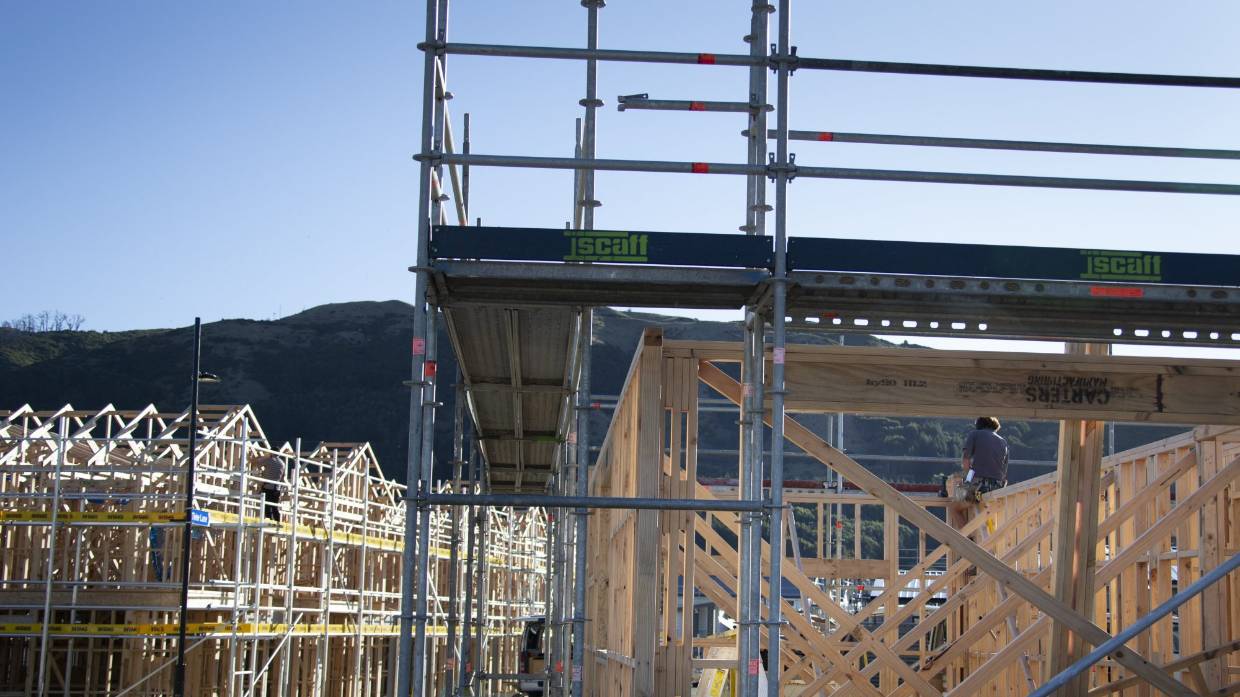
Population growth in Hauraki sees re-adoption of development contribution policy
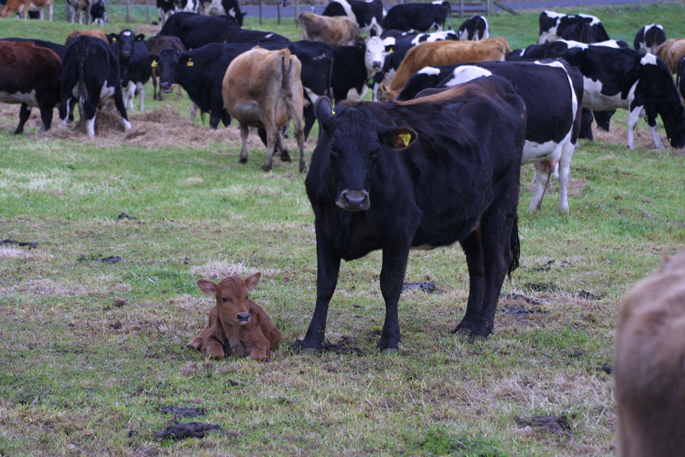
Hauraki fund for drought-stricken farmers
